Description
About the Book
Dominant approaches to sustainability have focused on ecological way of life with efficient mechanisms and technical quick-fixes for regulatory changes and policy reforms within the growth-centred economic development. However, they fail to develop a humanitarian ecological for a more fundamental change in the framework of moral values guiding individuals’ behaviour and attitude towards the environment and their choices to live lightly on earth. This book argues that the transformation to a sustainable society necessitates deeper moral changes and the development of an ecological morality at the individual level as the core of sustainability. It also examines the distinctiveness of the Gandhian approach to ‘ecological and sustainable development’ within his paradigm of non-violence and ethical holism as an alternative to the dominant thinking. Within his broader moral-philosophical framework, the book focuses on Gandhi’s theories of ecolocalism, unity of life and economics of well-being realized by the human self through an ‘inner revolution’ with a goal to bring about a societal transformation towards a sustainable society based on freedom, equity, justice, and peace.
Author
Ravi Ghosh is an ecological economist by training, with interests in environmental and development economics, and commodity derivatives markets. He obtained his doctorate from Indian Institute of Management Calcutta, and Masters’ in Economics from Jadavpur University, Kolkata. He has been involved in various global environmental assessments, including the UNEP’s flagship GEO-4 as lead author. He has conducted research and consultancy projects funded by illustrious donors like WWF, UNCTAD, UNEP, and many others. He has published four books, and a host of peer-reviewed journal papers and book chapters, apart from popular articles in newspapers and periodicals. Presently, he is a Visiting Fellow at the School of Social Sciences, Linnaeus University in Sweden.
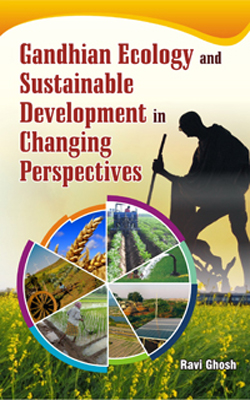

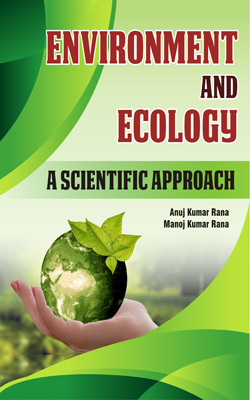



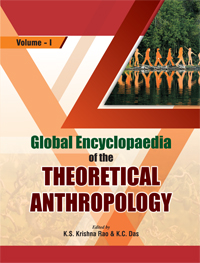
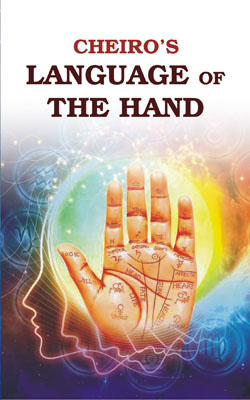
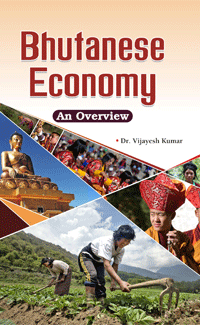
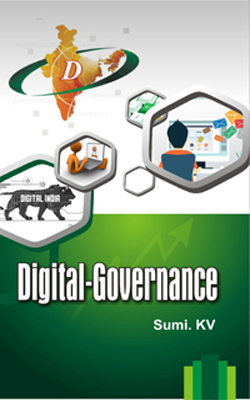

Reviews
There are no reviews yet.